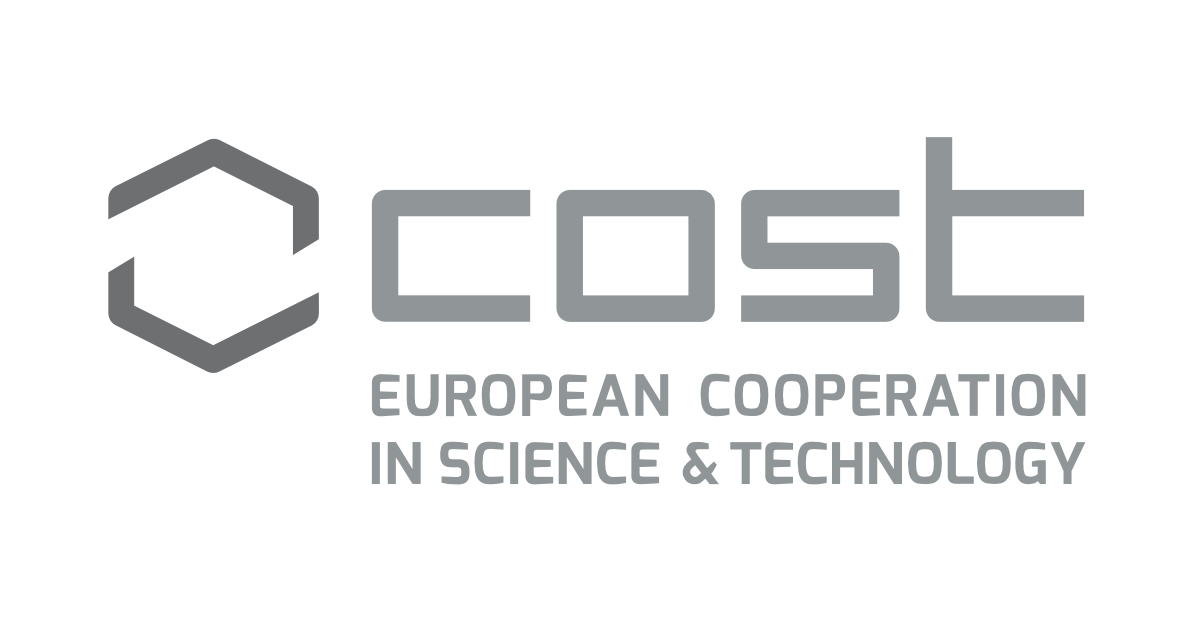The governance of oceanic systems and coastlines is moving into the center of European strategic and sustainability interests. Yet, it suffers from a high degree of fragmentation and the lack of a cross-scalar approach to addressing prevailing policy shortcomings. The proposed COST Action on “Ocean Governance for Sustainability – Challenges, Options and the Role of Science” comprises a unique, transdisciplinary network of 58 proposers with regional and international outreach. The network aims to establish an integrative vision, and a series of approaches that informs research and future policy directions on crosscutting sustainability-driven issues related to the fragmented governance framework of oceans, seas and coastlines within regional waters, and the open ocean in areas beyond national jurisdiction. The network differs from thematic predecessors in two distinct ways: While attending to the multiple flows and connectivities between varied marine systems together with land- and sea-based interfaces that are biologically, culturally, politically and socio-economically entwined, it first renders equal importance to strengthening regional and interdisciplinary dialogue, producing scientific output, crosscutting the natural and social sciences. Synergistic issue-driven working groups will be created at a time when Europe is considering its role in global ocean governance, and will continue to evolve well after the COST Action ends. Second, the network creates a distinct multi-scalar and cross-sectoral platform for institutional partners across academia, policymaking and civil society, presenting inclusive spaces for transdicsiplinary dialogue, capacity development and the advancement of practical toolkits that attend to science-policy gaps inherent within integrated ocean and coastal governance.
Land-sea interactions, Area-based management - Seabed resource management - Ocean climate and acidification - Nutrition Security and Food Systems - Fisheries governance
